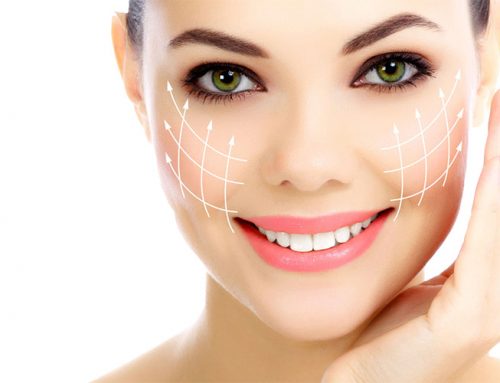HMRC says proposals simply clarify current legislation
Government plans to introduce VAT on cosmetic surgical procedures have been blasted by the industry. The proposal, called the “boob tax”, would raise an estimated £500m per year, raising prices of procedures such as breast enlargements, facelifts, liposuction and abdominoplasties by around 20%, the current rate of VAT.
Minor procedures, such as injectables and facial peels, are subject to VAT. But cosmetic doctors performing surgery will have to register for VAT and pass the charge on to their patients, unless they can prove the procedures are for medical reasons.
Guidelines issued by the HM Revenue and Customs (HMRC) state that services are VAT-exempt only if the purpose is to “protect, maintain or restore the health of the person concerned”. The guidance says that, while cosmetic treatment may make a person feel more confident about their appearance, this is not sufficient to make the treatment exempt. Patients with psychological conditions, such as body dysmorphic disorder or those having corrective surgery, will not be affected by the proposal.
The British Association of Aesthetic Plastic Surgeons (BAAPS) claims the move will present an “ethical minefield” and drive patients abroad for cheaper surgery deals. “The subjective proposals being put forward by HMRC will potentially harm large numbers of patients. They imply that, by definition, any procedure that corrects appearance rather than function is not a medical need. There has been no meaningful discussion with the professional bodies involved,” says BAAPS president Mr Fazel Fatah.
“We can only hope that common ground can be found that protects the well-being of patients while balancing the obvious need to increase tax revenues. With surgery, we are dealing with human lives,” Mr Fatah says.
A similar 5% levy on elective cosmetic procedures in the US, dubbed the “Bo-tax”, was proposed under President Obama’s healthcare reforms in 2009. But the move was dropped in favour of a 10% tax on tanning bed users.
The UK move has initiated debate on whether the government is acting to profit from the success of the industry, which has an estimated value of £2.3bn a year, and the difficulty in determining whether a surgical procedure can be classed as ‘therapeutic’.
Consultant plastic surgeon Douglas McGeorge says: “The amount of money HMRC will make out of this is astonishing. Should prominent ear correction in children be taxed? What level of asymmetry or abnormality is required to justify breast surgery?
“Our role is to make sure patient needs justify treatment. Any justification to HMRC of our decisions on VAT will be impossible unless patient confidentiality is breached,” Mr McGeorge says.
The potential invasion of patients’ privacy is also a contentious issue. Dr Samantha Gammell, president elect of the British Association of Cosmetic Doctors, says that the aggressive stance taken by HMRC will discriminate against vulnerable women, some ethic groups and sufferers of disfiguring dermatological conditions. “When patients seek out care from doctors, they expect to be treated without judgement or prejudice, putting the maintenance of their health as our primary concern.
“We are appalled that HMRC inspectors in Wales are demanding to review confidential patient records for proof of their medical needs. It is an obscene invasion of privacy based on a ridiculous premise that a doctor, having taken on a duty of care, could do otherwise than protect the health of their patient,” Dr Gammell says. “The public should not be put off seeking the help that they need. There is simply no legal basis for the HMRC’s approach and we will continue to fight for patients’ rights.”
However, HMRC maintains that the new tax is simply clarifying current guidance set out in a 2007 document. A statement issued by the HMRC says that, while it reviews its guidance in consultation with relevant trade bodies, there are no plans to change the VAT liability of cosmetic services. “Medical care provided by registered health professionals in hospitals or clinics is, and will continue to be, VAT-free along with cosmetic services performed for therapeutic purposes. Medical treatment for purely aesthetic reasons has been, and continues to be, liable to VAT at the standard rate.”
HMRC adds: “We will generally accept that cosmetic services are exempt where they are undertaken as an element of a health care treatment programme. Where services are undertaken purely for cosmetic reasons, they will be standard rated.”
Source: Body Language


Leave A Comment